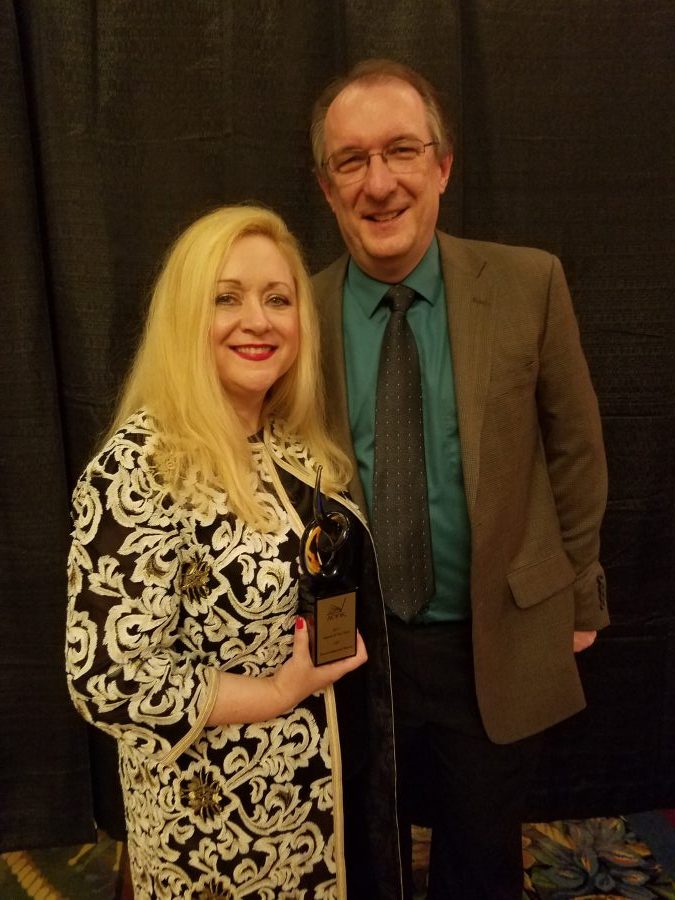Today is our grandson’s 2nd birthday. (Hooray Caleb!) Someday he may enjoy math, or science, or business, or the arts, or just rule the world like he does now (hah!).
This video is for those who are fascinated by math and statistics. Who would of thought that sorting books could be so hard? (Do you shelf your books by color? Please say no.)
In my years as a bookseller we did variations of this exercise every day when new shipments arrived. They had to be sorted and placed in the right section of the store. I never thought something like this would be a factor in computer programming, as this video points out.
Enjoy!
The next time you receive 1200 books in one shipment, you will know what to do.







